Megan Signal
Megan Signal
- Coach Profile
When Megan Signal stands on the side of the platform, she knows her athletes have all the tools they need to succeed – not just in weightlifting, but outside of the sport too.
It’s a very important philosophy for Signal, who only recently retired from her own competitive weightlifting career.
“For me, I think coaching is very different to a lot of people, because I didn’t have a desire to step out of being an athlete and be a coach,” Signal admits.
“That was actually quite a hard thing to wrap my head around.”
Signal was selected for the 2018 Commonwealth Games and 2020 Olympic Games, but injury ruled her out of competing at those events. She competed at the 2022 Birmingham Games, coming sixth.
The transition from competitive weightlifter to the sidelines wasn’t the easiest for Signal, but coaching has always been something she’s been passionate about.
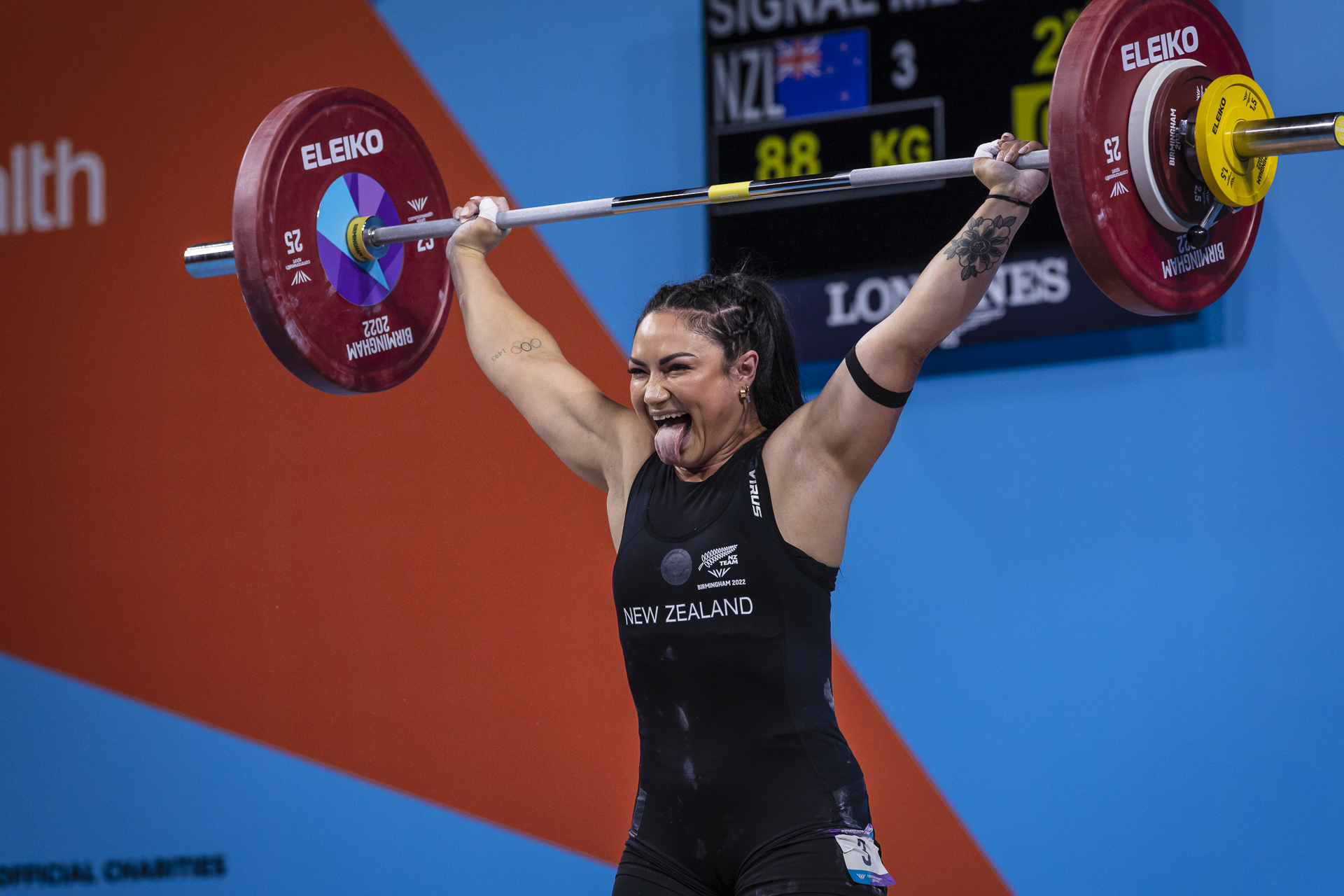
“It’s hard to stand beside the platform and wholeheartedly coach someone when you still want to be on the platform. So to be able to be in other spaces and then bring yourself back to the platform in that capacity is really important, because coaching is such a selfless role – and it has to be if you are a good coach,” she says.
“You shouldn’t want to be in the limelight, your role is purely to assist this person in bringing the best out, so that was a really nice route to take, to be able to come and stand right next to the platform and know that it was not about me. I think that’s important for some people to understand as well, especially coming out of sport.”
Along with being a coach, Signal is also on the Weightlifting New Zealand board, to have an influence in more than just the sporting side.
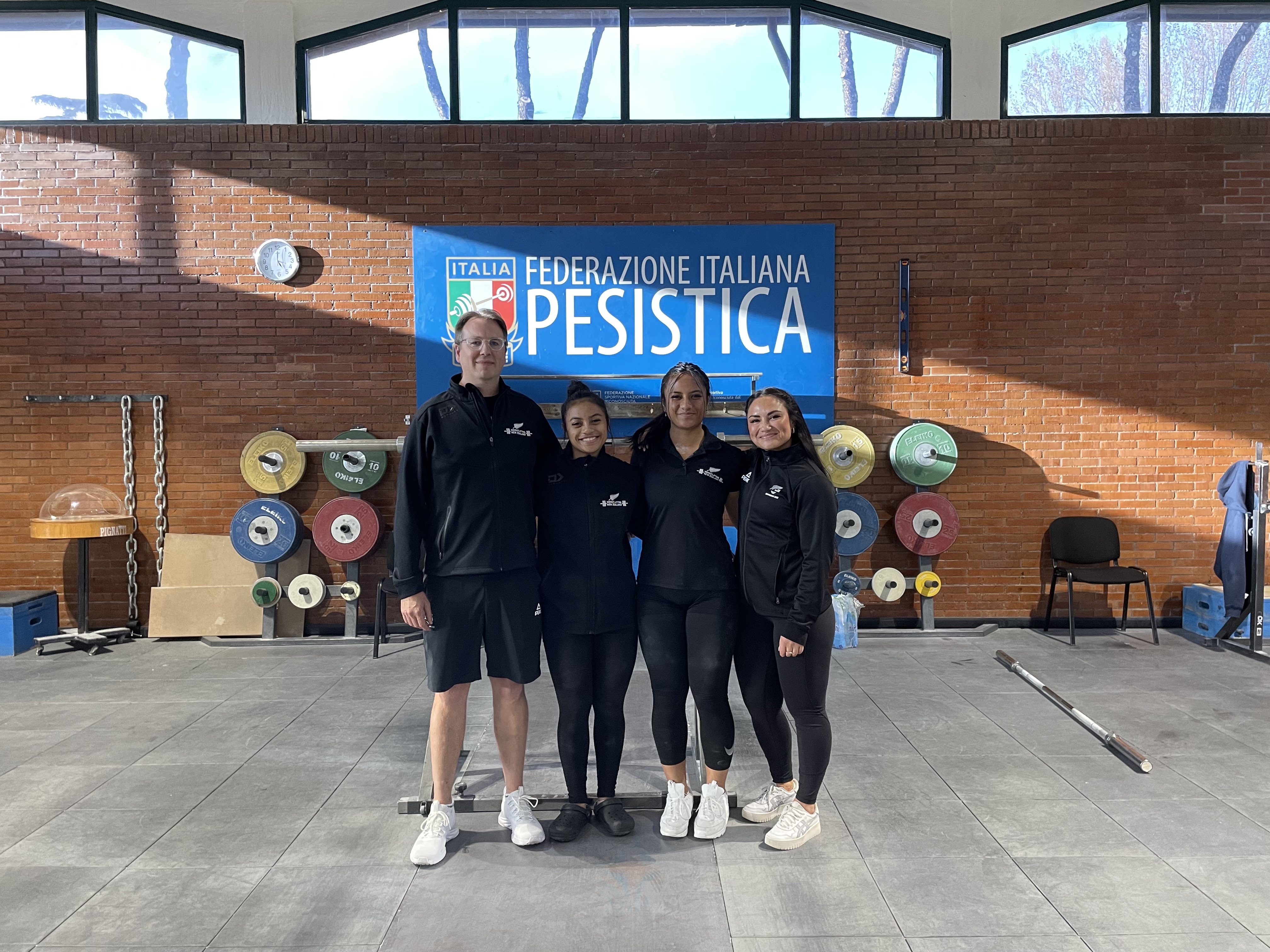
“I probably boxed ‘coaching’ as a term, where I thought it was you’re on the floor teaching a person and you’re taking them to a competition and you’re coaching them out the back,” Signal says.
Now she can look at coaching as a much broader term, being able to help athletes become better both in and out of their sport.
“Coming out of being an athlete, it feels like the natural progression should be to coach, and that didn’t feel right for me. Whereas now I can look at coaching a lot more broadly, take pieces everywhere and just make it what I feel like it should be for me, which has been one of the coolest things to understand.”
Signal has always had a passion for working with people, therefore having a holistic approach to her coaching has been very important.
“A lot of the athletes that I work with are youth and junior so obviously that becomes incredibly important because the life experience outside of sport hasn’t been developed yet,” she says.
She likes to make sure her athletes are gaining life skills as well, like learning to drive, gaining confidence in public speaking, and working with others.
While the sport can give them a lot of opportunities, for Signal it’s important that they know their lives outside of sport too.
“For us as a coach, we’re in an influential space where we need to be making sure they can see the opportunities outside of what they’re doing on the bar – where they can help, where they can create impact, where they can leave a legacy, they can develop themselves and be good people as well,” she says.
Signal’s coaching is largely inspired by her own coach Simon Kent.
“He was coaching me in weightlifting and also mentoring me in building skillsets while I was competing, mentoring me in what my post-competing for myself looked like, and how I could set myself up for a career in whatever that is,” she says.
“That aspect really inspired me as well, being able to help people in more than just teaching the craft of weightlifting, and being able to grow them as people.
“He’s been a huge influence and then I got to travel the world, so there’s been inspiration and influence coming from every country that we went to, every team that we were able to visit.”
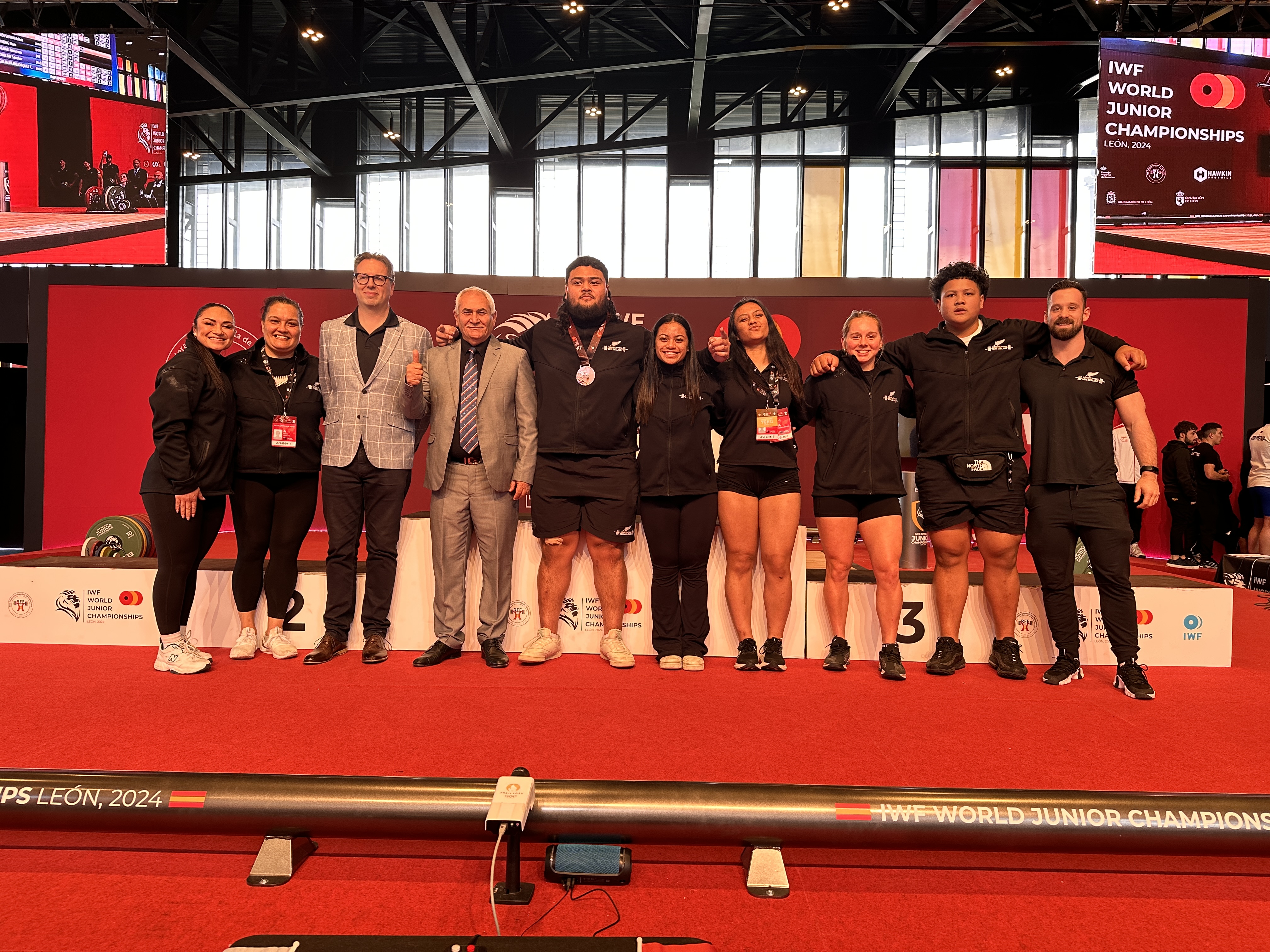
Another key part of Signal’s coaching philosophy is ensuring her athletes have the independence and knowledge to make their own decisions within the sport.
“It’s being able to support people in a way that they are self-sufficient and have some independence and autonomy in how they develop themselves in the sport as well,” Signal says.
“I’ve seen coaching styles where it’s, you are the person they look to for everything and for every single cue after every single lift and how they deal with adversity and things like that – I believe that we are a support in that space, but they shouldn’t be reliant on you.”
Stepping into coaching has been a rewarding experience for Signal, and not only when they thrive in competitions or record personal bests with the bar.
“Being able to lift free of stress and pressure that’s not necessary for them to do well, seeing them enjoy their sport, seeing them build confidence in themselves that maybe you didn’t see when they started…seeing them develop skills like consistency and good habits that help them become better athletes, but you also know are going to transfer into their life outside sport as well,” she lists.
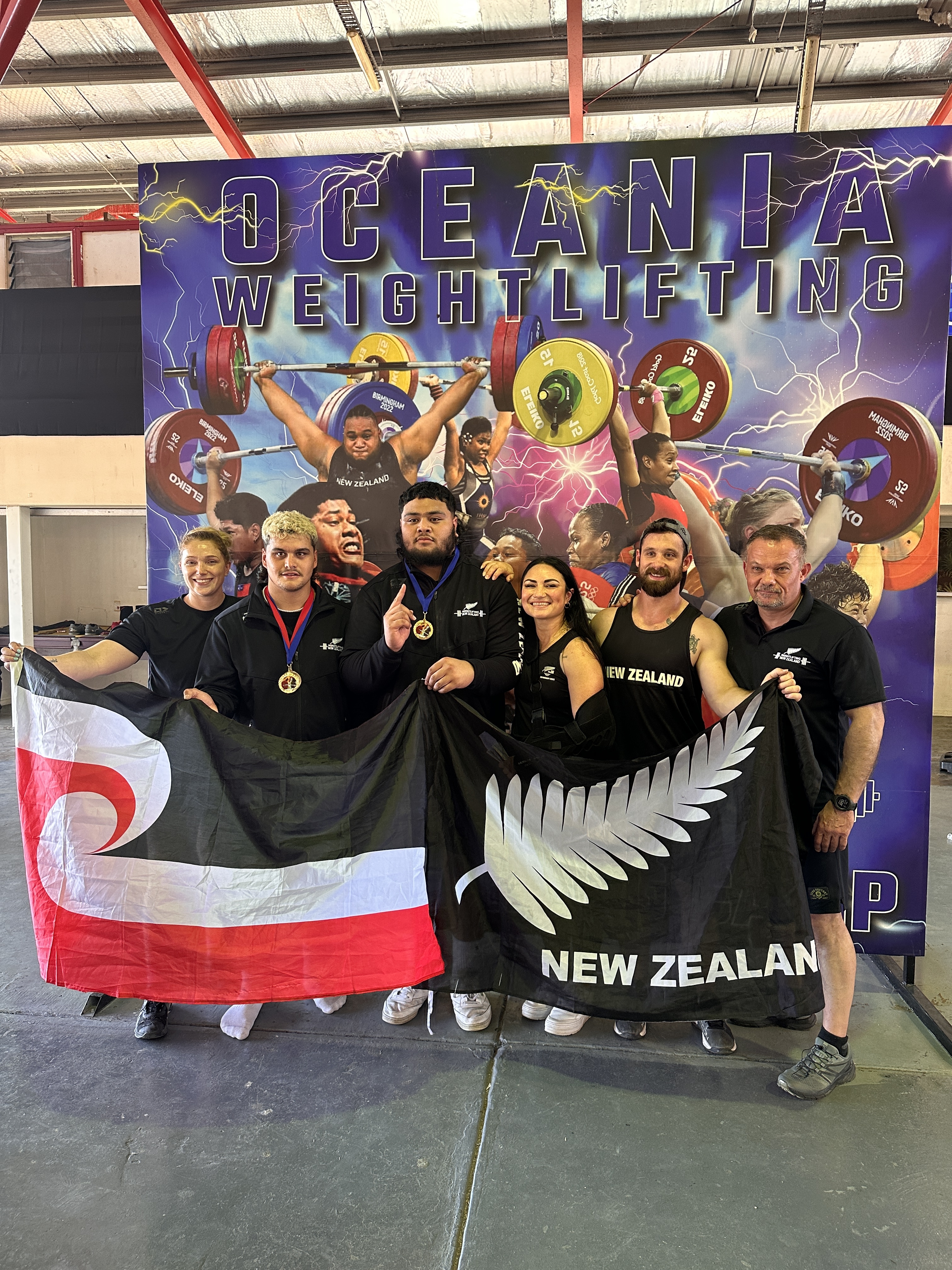
The ‘Lift For Gold’ programme was developed by the Papatoetoe Olympic Weightlifting Club, where Signal coaches. Weightlifters are brought in to coach people new to the sport, and Signal loves what the programme gives, both to the participants and the coaches.
“You become a better athlete when you understand your craft, and if you’re able to coach it to a beginner, you’ll understand it better when you step out onto the platform yourself. So just being able to see that bigger picture is hugely rewarding.”
Signal’s best advice to coaches is to never stop being open to learning new things.
“There are points where you might think that you know something or you’ve reached your capacity with what you can learn about that one particular thing, but that can never happen,” she says.
“I’m constantly learning, constantly looking for different perspectives on how to coach a particular sport or a particular thing.”
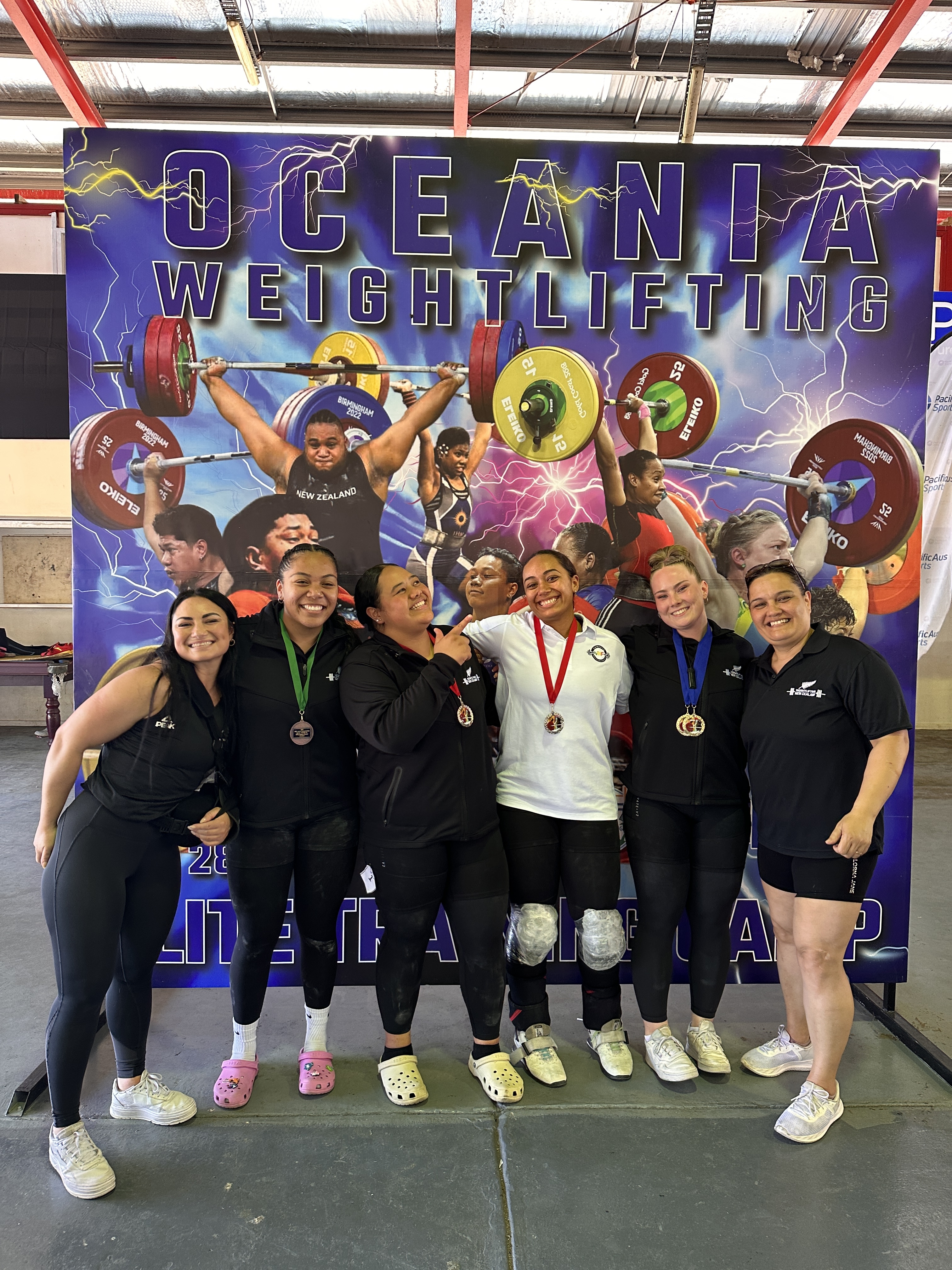
Signal has also done strength and conditioning coaching with other sports, most recently working with a women’s rugby league team.
“That was incredibly fun for me, that was in part me making sure that I am also developing myself. Rugby league was a sport that I had never been in before, and I wanted to learn more about the code,” she explains.
“I love people, I love my sport, but I also just love training people, coaching people and helping them get better.
“I was putting myself in a position where I’m not particularly comfortable, but taking all the skills I have from being a weightlifting coach and applying it somewhere else.”
The team ended up winning the championship, and Signal loved the opportunity.
“I had such a great time doing it, the team was amazing, the girls were really open to learning. Particularly a lot of what we learn in weightlifting around developing our bodies, our power, our strength, our ability to move better, I was able to apply in their rugby league setting.”